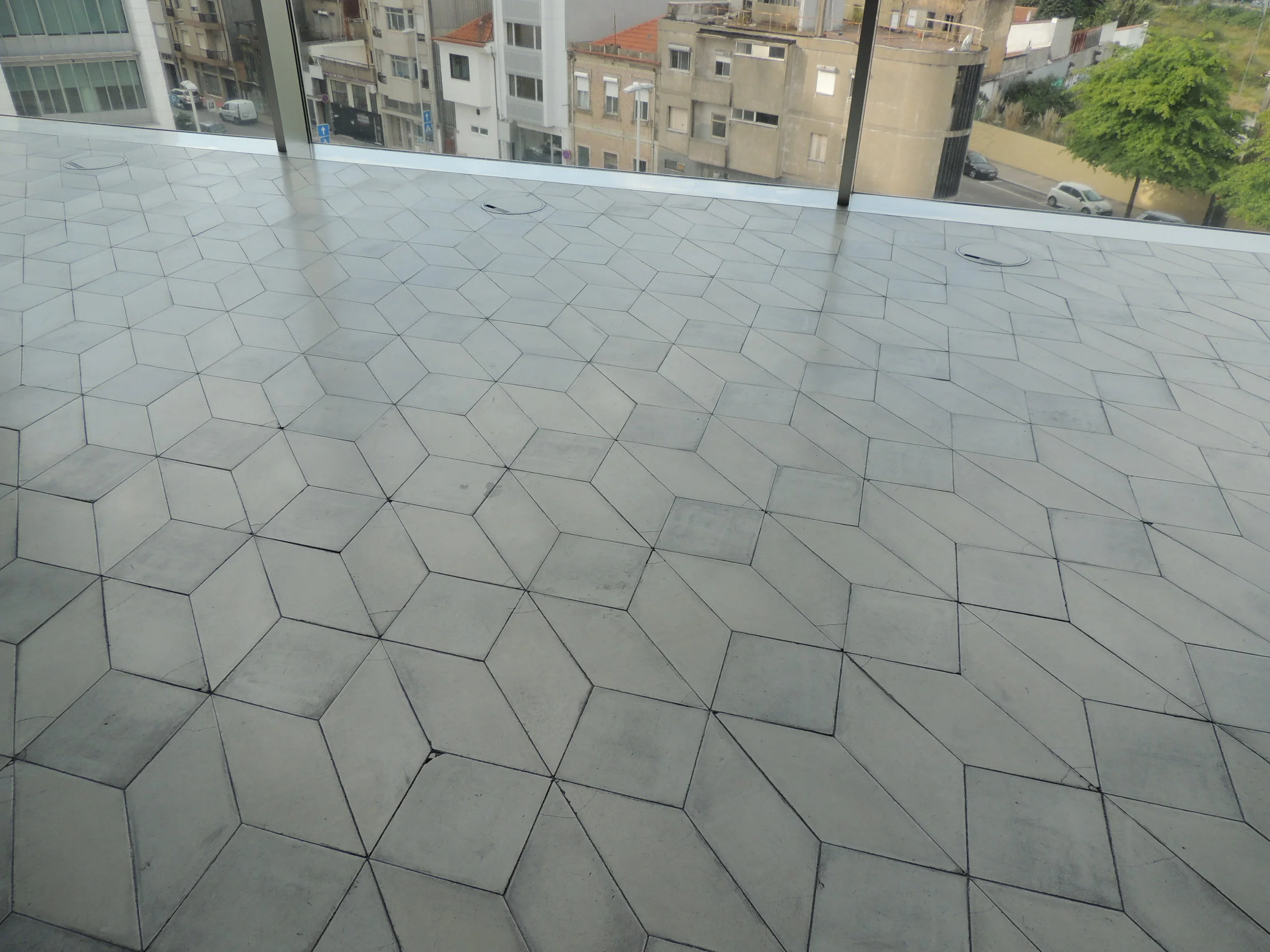Information Wants to be Free
/I recently had two incredibly divergent exchanges when reaching out to colleagues in the healthier materials sphere. Jeff Stacy, owner of Mighty Roots, a Seacoast-based design build firm focused on sustainability and human health, was incredibly receptive to sharing ideas and experiences. Exchanges like that one always leave me feeling energized and validated. But coincidentally, I also reached out to a Massachusetts-based vendor of a flooring underlayment product that we’ve been wanting to specify to ask a few questions. It was a bummer that her information on the product and its availability was even more limited than my own. But what was even more disappointing was the fact that, when she shared that she also designs “green interiors,” and specializes in “nontoxic” kitchens and baths, I asked what she uses for cabinet finishes (since sourcing both durable and less toxic finishes is so difficult). She replied that she uses “proprietary products and ingredients” and can’t share her information. Yikes! When did protecting turf start mattering more than doing the right thing? A small part of me sympathizes: Building materials research can be tedious, frustrating and slow. And it’s far from lucrative. But everyone should have access to information—especially the kind that allows us to make better decisions about human health and environmental impact. And in my experience, sitting in front of Pharos or PubChem trying to weigh the relative risks of chemicals is no substitute for a network of colleagues who can help reason through difficult choices. Cheers to all of you generous souls working in the world of healthier materials and sustainable development and construction that want to share information. Thank you!
